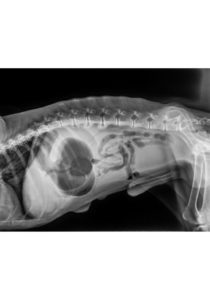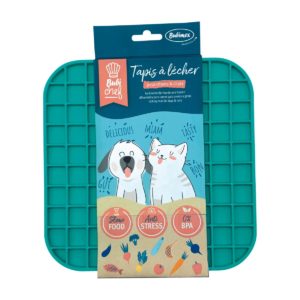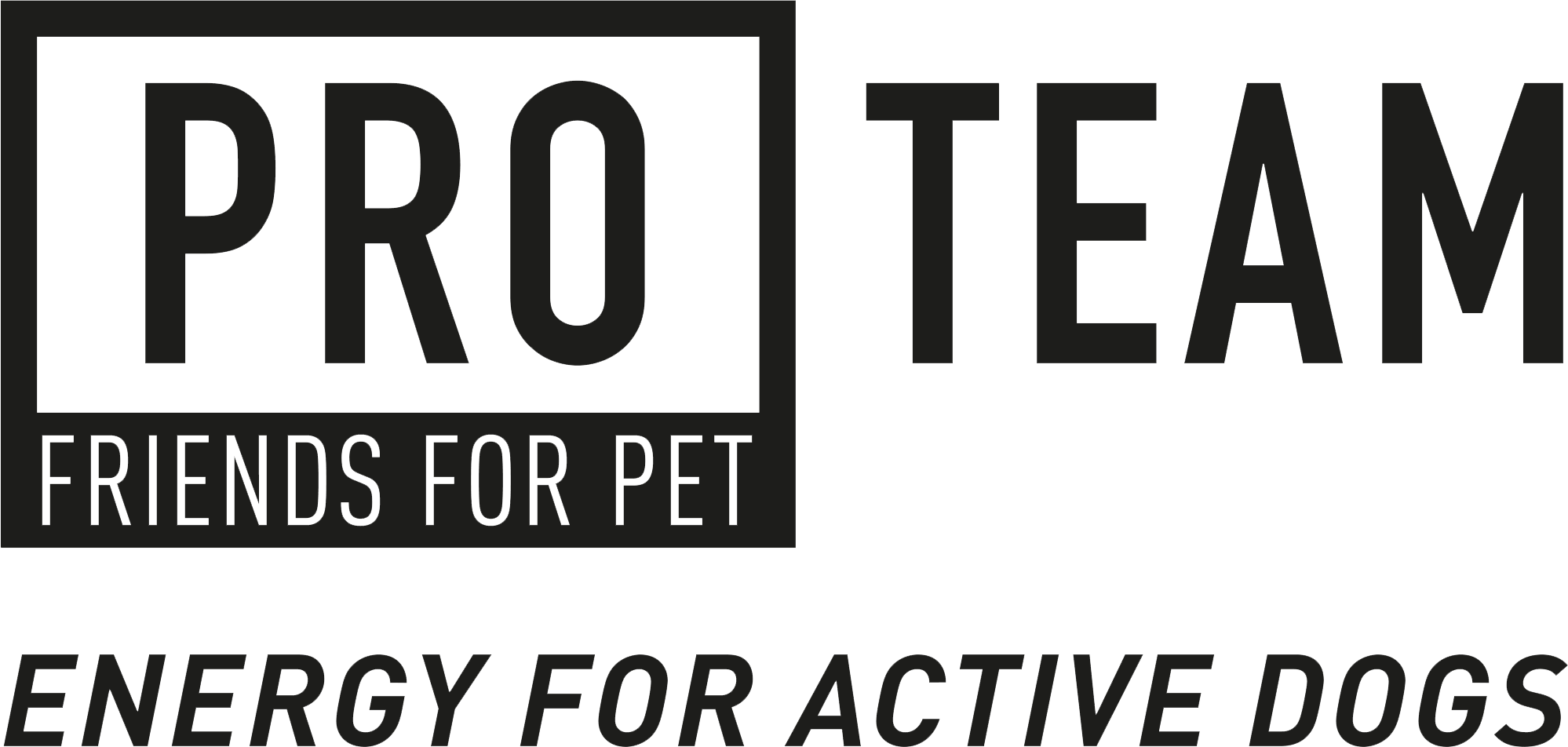Gastric Torsion in Dogs: Symptoms and Diagnosis
Gastric Torsion: Everything You Need to Know!
What is Stomach Torsion?
Gastric torsion, also known as Gastric Dilatation-Volvulus (GDV), is a critical veterinary emergency. This condition occurs when a dog’s stomach fills with gas and twists on itself, blocking blood circulation and leading to potentially fatal shock.
Time plays a critical role in managing this emergency. Veterinary studies indicate that surgical intervention performed within an hour of symptom onset can offer a survival rate of over ninety percent. However, if treatment is delayed by six hours or more after symptom onset, the survival rate can drastically drop to about fifty percent or less.

Alarming Symptoms: Learn to Recognize Them
Recognizing the warning signs to act quickly
Knowing how to identify the symptoms of gastric torsion can save your dog’s life. Visible abdominal distension, excessive drooling, unsuccessful attempts to vomit, and restlessness are warning signs. If you observe such symptoms, immediate veterinary consultation is imperative.
Is your dog more restless than usual? Drooling excessively or attempting to vomit without success? These are alarm signals. Early recognition of symptoms is crucial for your companion’s survival. Increased vigilance will allow you to detect early signs and act swiftly to prevent worsening of the condition.
To identify stomach torsion, watch for the following signs:
- Anxious and restless behavior: The dog seems worried, may get up and lie down repeatedly, and has trouble finding a comfortable position.
- Dilated and hard abdomen: You may notice that your dog’s abdomen appears swollen and tense to the touch.
- Excessive drooling: A dog suffering from gastric torsion may drool more than usual due to pain and stress.
- Unsuccessful attempts to vomit: The dog may try to vomit without expelling anything, sometimes referred to as “dry heaving” or retching.
- Abdominal pain: The dog may whine, growl, or react painfully when its abdomen is touched.
- Breathing difficulties: Breathing may become rapid and difficult due to pressure on the diaphragm.
- Pale or cyanotic mucous membranes: The mucous membranes, such as the gums, may become pale or bluish, indicating poor circulation.
- Weakness and collapse: The dog may show signs of weakness or collapse completely.
If you observe one or more of these symptoms, it is imperative to contact a veterinarian immediately. Keep in mind that the speed of intervention is a determining factor in the dog’s survival prognosis.
Prevention: Your First Line of Defense
Better safe than sorry
Preventive gastropexy is a surgical procedure aimed at preventing stomach torsion, a serious condition that can be fatal in dogs. By attaching the stomach to the abdominal wall, this operation prevents the stomach from twisting, significantly reducing the risk of gastric volvulus. This procedure can be performed opportunistically during a convenience surgery, such as spaying. It is particularly recommended for dog breeds predisposed to this condition, such as Great Danes or German Shepherds. By opting for preventive gastropexy, owners can avoid potentially life-threatening emergencies and ensure a better quality of life for their pets.
Preventing gastric torsion in dogs is fundamental.
For at-risk breeds, such as German Shepherds or Great Danes, dividing meals into smaller portions is an effective strategy. It is also crucial to prevent the dog from eating or drinking too quickly. Accessories like slow-feed bowls can significantly reduce the risk.
Additional measures: Limiting intense physical activities after meals and dividing food into several small meals throughout the day are other strategies to reduce the risk of gastric torsion.
Dog Breeds Most Affected
Deep-chested dog breeds like the German Shepherd and Great Dane are often silent victims of gastric torsion. This syndrome, which can be fatal without prompt intervention, disproportionately affects larger breeds. Their specific anatomy, with a broad and deep chest, creates an environment conducive to stomach dilation and torsion, leading to a veterinary emergency.
Emergency Diagnosis and Treatment
In case of gastric torsion, treatment is a race against time.
Veterinary intervention may involve emergency surgery to reposition the stomach and secure it to prevent future torsions. Understanding the importance of this procedure and the necessity of immediate care will save lives, including that of your faithful friend.
Once gastric torsion is diagnosed, time is of the essence. Initial treatment often involves medications and infusions to stabilize the dog’s condition before emergency surgery. Gastropexy, which involves attaching the stomach to the abdominal wall, is a common operation aimed at preventing recurrences.
When facing a dog showing symptoms of gastric torsion, every minute counts. Rapid diagnosis by a veterinarian is imperative to assess the severity of the syndrome and intervene without delay. The speed of your response can make the difference between life and death. Your ability to identify signs and act promptly is your best asset.
Convalescence and Post-Operative Management
After surgery, the recovery period is critical. Your dog will need rest, attentive care, and regular veterinary follow-ups. Hygienic and healthy dietary advice is essential to minimize the chances of a new gastric torsion.
Prevention: Understanding the Risks
Digestion and its Importance for Animal Health
Digestion in dogs plays a crucial role in preventing gastric torsion, a severe condition that can endanger the animal’s life if not treated promptly. This condition is characterized by the stomach’s dilation followed by twisting on itself, leading to an obstruction of the gastric evacuation pathways and disruption of blood circulation. The consequences can be dramatic, including shock, tissue necrosis of the stomach, and without intervention, the animal’s death.
Using a slow-feed bowl: These bowls are designed to slow down the speed at which the dog eats. By eating more slowly, the dog swallows less air (reducing aerophagia), decreasing the risk of stomach dilation and torsion.
Providing constant access to water: Constant access to water prevents the dog from drinking too quickly and in large quantities after eating or exercising, which can contribute to stomach dilation.
Storing food in inaccessible places: This prevents the dog from overeating by eating too much and too quickly, which can be a risk factor for gastric torsion.
Healthy digestion is thus a cornerstone in preventing gastric torsion in dogs. As responsible owners concerned about the well-being of our canine companions, it is essential to implement these preventive practices and remain vigilant to signs of digestive distress in our animals.
Adapted Nutrition for Sporting Dogs: The Role of PRO TEAM
For athletic dogs, proper nutrition is crucial. PRO TEAM offers a range of products designed to meet the specific needs of sporting dogs, thereby contributing to their overall well-being and the prevention of conditions such as gastric torsion. A balanced diet, rich in nutrients and easy to digest, is key to a healthy gastrointestinal system.
Gastric torsion is a severe condition requiring immediate attention.
As owners, you have the power to prevent this syndrome by adopting healthy feeding practices and remaining vigilant to warning signs. At PRO TEAM, we are dedicated to providing nutritional solutions that support animal health, allowing you to fully enjoy sporting activities with them. Prevention is key to protecting your dog from gastric torsion. Simple measures like dividing meals, avoiding intense exercise after eating, and using slow-feed bowls can make a significant difference. Commit to a routine of preventive care to ensure the long-term well-being and health of your pet.
Gastric torsion is a condition that can terrify any dog owner, but with the right information and preventive measures, you can safeguard your companion’s health and significantly reduce the risks. Stay attentive, informed, and ready to act: your dog’s life could depend on it. If in doubt, contact your veterinarian or veterinary emergency services immediately.
Discover the PRO TEAM range on our sales site: www.supercroquettes.com
Feel free to share your experiences and personal advice. If you have any questions or requests for additional information, do not hesitate to contact us. You can also follow our news on Facebook. Thank you for reading this article and see you soon!

